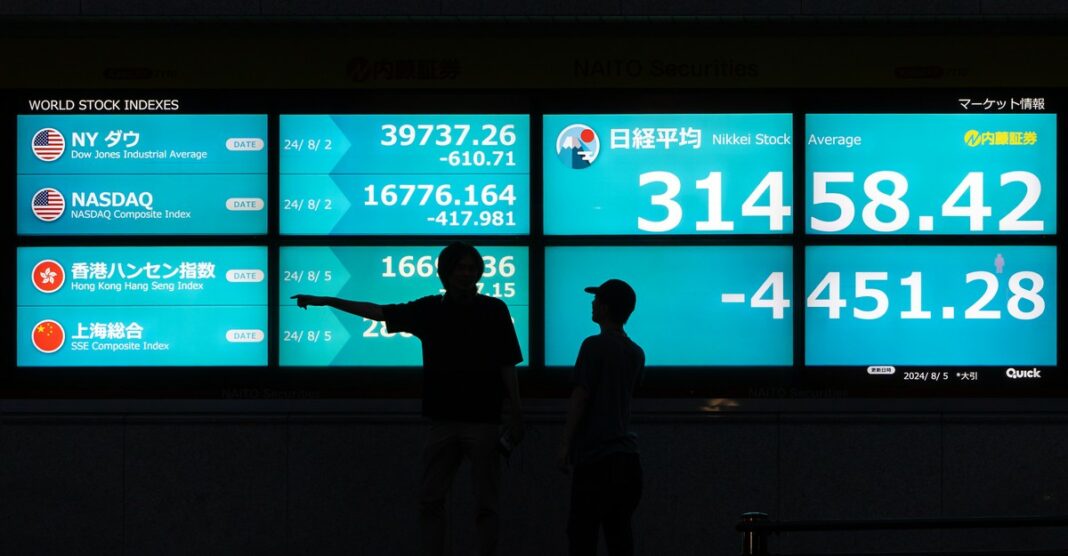Why the Markets Are Melting Down
Introduction
In recent times, the global financial markets have experienced significant turmoil, leading to a meltdown in various asset classes. This sudden downturn has left investors and analysts puzzled, trying to understand the root causes behind the chaos. In this article, we will explore the reasons behind why the markets are melting down and the implications it has on the economy.
Uncertainty Surrounding the Pandemic
One of the primary factors contributing to the market meltdown is the uncertainty surrounding the ongoing COVID-19 pandemic. The rapid spread of the virus and its impact on global economies have created a sense of fear and anxiety among investors. Businesses are facing disruptions in their operations, leading to a decrease in revenue and profitability. This uncertainty has caused investors to panic, resulting in a sell-off of stocks and other assets.
Trade Wars and Geopolitical Tensions
Another significant factor behind the market meltdown is the escalating trade tensions between major economies, such as the United States and China. The imposition of tariffs and retaliatory measures have created uncertainty in the global trade environment, impacting the growth prospects of many countries. Geopolitical tensions in regions like the Middle East and Europe have also contributed to the market volatility, as investors fear the potential for conflict and its impact on the economy.
Interest Rate Hikes and Policy Changes
The decisions made by central banks regarding interest rates and monetary policy have also played a role in the market meltdown. In an effort to combat inflation and stimulate economic growth, central banks have raised interest rates, leading to higher borrowing costs for businesses and consumers. These policy changes have created uncertainty in the financial markets, as investors worry about the potential impact on corporate earnings and economic activity.
Overvaluation and Speculative Trading
Another factor contributing to the market meltdown is the overvaluation of assets and the rise of speculative trading. In recent years, stock prices and other asset classes have reached record highs, driven by low interest rates and excess liquidity in the financial system. This has led to a situation where many assets are trading at inflated prices, detached from their underlying fundamentals. When this speculative bubble bursts, it can trigger a sharp correction in the markets, leading to significant losses for investors.
Conclusion
In conclusion, the markets are melting down due to a combination of factors, including uncertainty surrounding the pandemic, trade wars, interest rate hikes, and overvaluation of assets. These issues have created a perfect storm of market volatility, leading to significant losses for investors and impacting the overall economy. It is essential for investors to stay informed and be prepared for future market disruptions by diversifying their portfolios and staying cautious in their investment decisions.
FAQs
Q: How long will the market meltdown last?
A: The duration of the market meltdown is difficult to predict, as it depends on various factors such as the resolution of the pandemic, geopolitical tensions, and central bank policies. It is essential for investors to stay informed and be prepared for potential fluctuations in the market.
Q: What should investors do during a market meltdown?
A: During a market meltdown, investors should stay calm and avoid making impulsive decisions. It is crucial to have a diversified portfolio and a long-term investment strategy to weather the storm. Seeking advice from financial experts and staying informed about market trends can also help investors navigate through turbulent times.
Q: How can governments help prevent market meltdowns?
A: Governments can help prevent market meltdowns by implementing sound economic policies, promoting financial stability, and regulating financial markets effectively. Enhancing transparency and accountability in the financial system can also help mitigate the risks of market disruptions.




